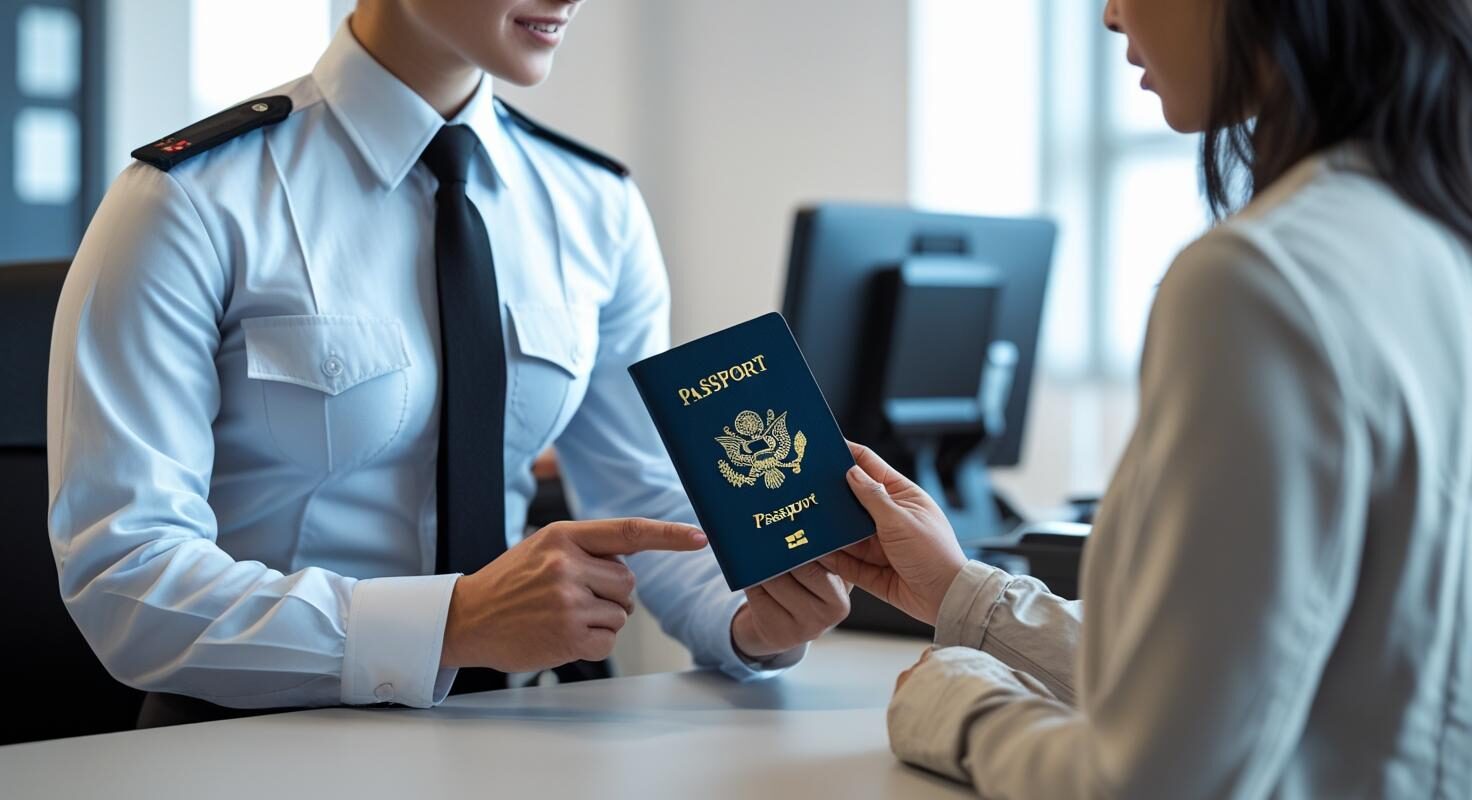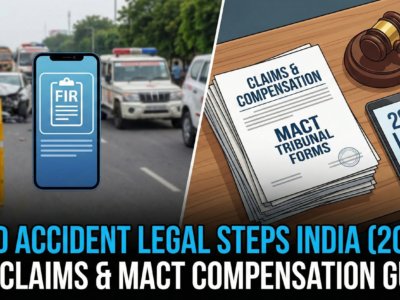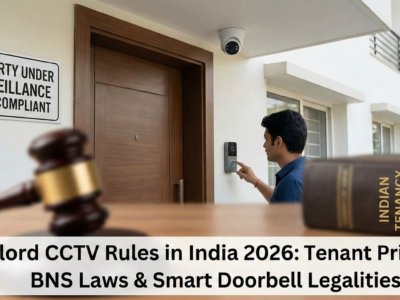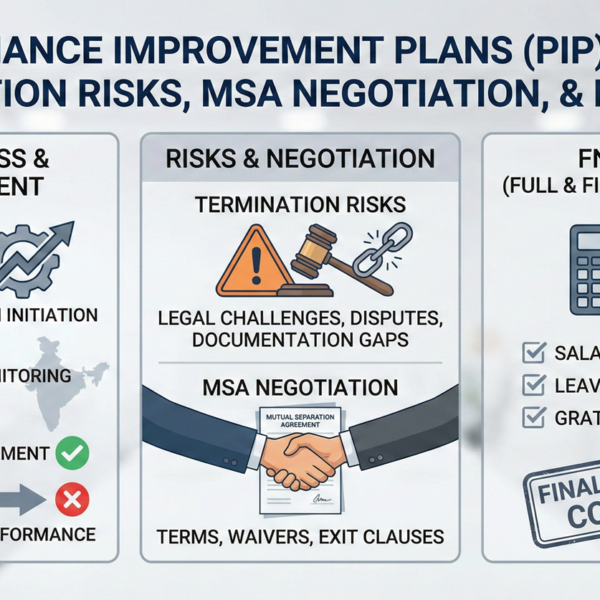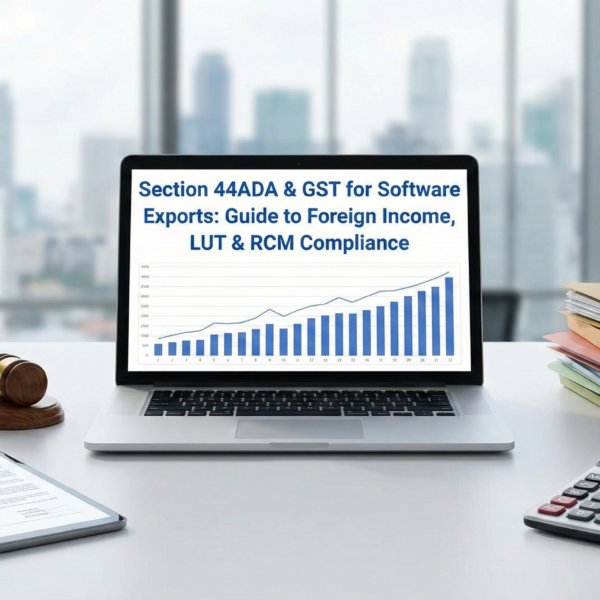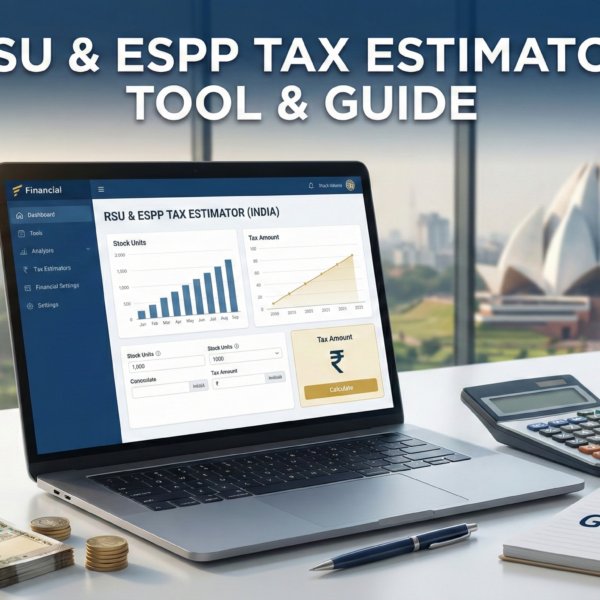It can be a stressful moment: the police verification officer for your passport application is at your door, and they’re asking you to “prove your citizenship.” This demand can feel intimidating and confusing. Are they allowed to ask this? What documents are sufficient? This guide will demystify the entire process. We’ll break down the officer’s actual duties, explain the laws that define your citizenship, and provide a clear, step-by-step strategy for how to respond, ensuring your passport application proceeds smoothly and your rights are protected.
eVaakil.com
Passport & Citizenship Law
Passport Officer Demanded Proof of Citizenship?
A comprehensive legal guide for Indian applicants on how to handle procedural overreach during police verification.
Published on August 17, 2025
Introduction: Understanding the Challenge
Being asked by a Police Verification (PV) officer to "prove your citizenship" during a passport application can be intimidating. This guide provides a clear legal framework and practical steps to navigate this situation. We'll explore the officer's actual mandate, the laws governing Indian citizenship, and your rights and remedies. The key takeaway? A PV officer's role is to verify facts like your address and identity, not to re-adjudicate your citizenship, which has already been reviewed by the Passport Authority.
The Real Job of the Police Verification Officer
Police Verification is a security check, not a citizenship trial. Its official purpose is narrow and well-defined. Understanding these limits is your first line of defense.
Identity Verification
Confirming you are who you say you are, matching your application details and photo.
Address Verification
Physically confirming that you reside at the address provided in your application.
Criminal Background Check
Checking police databases for any adverse records or pending cases that would make you ineligible for a passport.
Key Insight: The Passport Seva Kendra (PSK) makes the first call on your citizenship documents. The police role is to corroborate, not to challenge, that initial assessment. An officer demanding to "prove citizenship" is stepping outside their jurisdiction.
What Makes You an Indian Citizen?
Your citizenship status by birth depends heavily on your date of birth, due to amendments in the Citizenship Act, 1955. Select your birth period below to see the specific rules and evidence required for you.
The Legal Bedrock: Citizenship Act, 1955
All matters of Indian citizenship are governed by the Constitution of India and the Citizenship Act, 1955. While citizenship by birth is most common, the Act also provides for other modes like Descent (for those born abroad to Indian parents), Registration, and Naturalization.
Critical Distinction: Identity Proof vs. Citizenship Proof
This is a crucial point of law. Documents like Aadhaar, PAN, and Voter ID are legally considered proofs of identity or residence, **not** conclusive proof of citizenship. The Bombay High Court has affirmed this, noting that such cards do not override the specific requirements of the Citizenship Act. An officer insisting on these for citizenship proof is misinformed about the law.
Renewing Your Passport? Your Old Passport is Your Strongest Ally.
An existing or expired Indian passport is a formal declaration by the Government of India that your citizenship was satisfactorily established during the previous issuance. For a renewal, this document is exceptionally powerful. A demand for fresh, extensive proof of citizenship during a renewal, without any new reason for doubt, is a challenge to a prior sovereign act of the state and is highly irregular.
Not All Documents Are Created Equal: A Tiered Guide
When faced with a demand, present your documents strategically, starting with the most conclusive evidence. This pyramid shows the legal weight of different documents.
Tier 1: Conclusive Proof
Citizenship Certificate
Tier 2: Primary Evidence
Indian Passport, Birth Certificate
Tier 3: Strong Corroboration
Parents' Passports/Birth Certs, Domicile Certificate
Tier 4: Supporting Evidence
Educational, Land/Property Records
Not Proof of Citizenship
Aadhaar, PAN, Voter ID, Driving License
Document Quick Reference Table
| Tier | Document Type | Legal Significance |
|---|---|---|
| Tier 1 | Citizenship Certificate | The highest, most direct proof. Irrefutable. |
| Tier 2 | Indian Passport / Birth Certificate | Represents prior government determination of citizenship. Very strong. |
| Tier 3 | Parents' Indian Passports | Essential for those born after July 1, 1987. |
| Tier 4 | Educational / Land Records | Corroborates date/place of birth and connection to India. |
| Tier 5 | Aadhaar, PAN, Voter ID | Legally NOT proof of citizenship. Used for identity/address only. |
How to Respond: The "Cooperative but Firm" Strategy
What TO DO
- ✔ Stay calm and respectful.
- ✔ First, provide ID and Address proof.
- ✔ Then, present your strongest citizenship proof (e.g., old passport).
- ✔ Gently state that the PSK already vetted your documents.
What NOT TO DO
- ✖ Do not offer a bribe.
- ✖ Do not provide false documents.
- ✖ Do not get into a heated legal debate on the spot.
Fighting Back: Your Path to Justice
If the officer files an 'Adverse' report unfairly, don't panic. A robust, multi-layered grievance system exists to protect your rights. Follow this escalation path.
Step 1
Escalate within Police Dept. (SP/DCP Office)
Step 2
File Grievance with MEA (CPGRAMS / RPO)
Step 3
Lodge Vigilance Complaint (for corruption)
Final Resort
File Writ Petition in High Court
Case Law Spotlight: Your Constitutional Right to Travel
The ultimate protection for your right to a passport comes from the Constitution of India. In the landmark case of Maneka Gandhi vs. Union of India, the Supreme Court ruled that the 'right to travel abroad' is a fundamental right protected under Article 21, the "Right to Life and Personal Liberty."
What this means for you: The government cannot deny you a passport arbitrarily or on flimsy grounds. The procedure must be fair, just, and reasonable. An adverse police report based on an officer's overreach would likely be considered an arbitrary action by a court, giving you strong grounds to challenge it legally.
Frequently Asked Questions (FAQ)
Can the police officer reject my passport application?
What if I was born at home and don't have a birth certificate?
Is it okay to pay a 'fee' to the officer to speed up the process?
Legal Disclaimer
The information provided in this article is for general informational purposes only and does not constitute legal advice. The laws and procedures related to passport issuance and citizenship are complex and subject to change. For advice on your specific situation, you should consult with a qualified legal professional.

